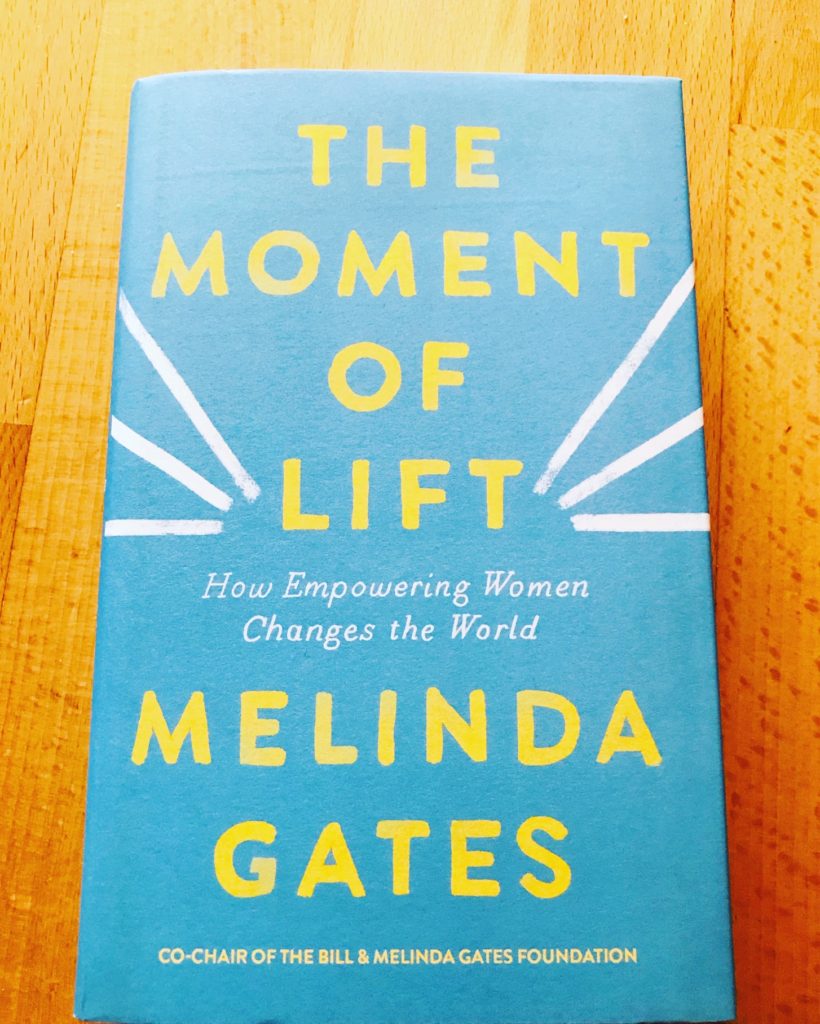- In 2018/19, women earned an average of £22,200 and men £27,400 (median).
- Men earned more than women at every age. At 20-24, men averaged £19,100 and women £17,700.
- On average, income before tax peaked at age 40-44 at £30,200. However, it peaked for men between the ages of 45-49, at an average of £34,100, and for women at age 40-44 at £26,000.
Now is the time for us ladies to take charge of our finances. Check your state pension entitlement and make sure there are no gaps in National Insurance contributions. Also consider taking out a LISA.
HMRC has issued a range of tax and income statistics: https://www.gov.uk/government/
Sarah Coles, personal finance analyst, Hargreaves Lansdown:
“Women are out-earned by men at every stage of their career, so if women are waiting for a better time to get started with their financial plans, they could be in for a very long wait.
Despite the fact that on average female students get better results at school, are more likely to go to university, and get more first class and upper second degrees, when they emerge from the education system, men are paid more. Between the ages of 20 and 24, women earn 7% less.
The official pay gap – which measures people doing the same work – is close to zero below the age of 40, so the difference is likely to owe much to the careers dominated by women being lower paid than those dominated by men, and how we value particular skills as a society. It’s also influenced by more women working part time from the outset, and some starting families at younger ages.
The gap between the average pay of women and men widens dramatically when people reach the age when they typically start a family. By their early 30s the gap is 13%, and by their early 40s it’s 22%. This is partly because women are overwhelmingly more likely to take career breaks in their children’s early lives, and make compromises over working hours and commutes in order to have more flexibility during their children’s school years.
There’s no time to catch up afterwards either, because not only are women paid far less later in their career, but they reach their peak earning years well before men too – at the age of 40-44 rather than 45-50. This owes something to the fact that senior management roles tend to have a later pay peak, so women continue to pay for missing out on promotions during key childcare years.
Women are also paid less later in their careers partly because once they have taken a financial hit relatively early on, they’re in the frame for any caring responsibilities that come along – including caring for elderly parents. This may mean they have to move into working part-time once again.
A solution to unequal pay requires a combination of an awful lot of things – from changing the way different skills are rewarded, to altering the balance of caring responsibilities in the home, and building workplaces that allow equality of flexibility. The pandemic may help accelerate some of this change, by revealing just how many jobs can be effectively completed with a much higher degree of flexibly, but this kind of societal change tends to be slow and incremental.
It means women can’t afford to wait for pay to equalise, they need to protect themselves now. These figures show the risk of putting off saving and investing, or building up your pension, until you’re in a better place financially. If you postpone it because you’re on a starting salary, or going on maternity leave or working part-time, then you could find yourself putting it off forever.”







